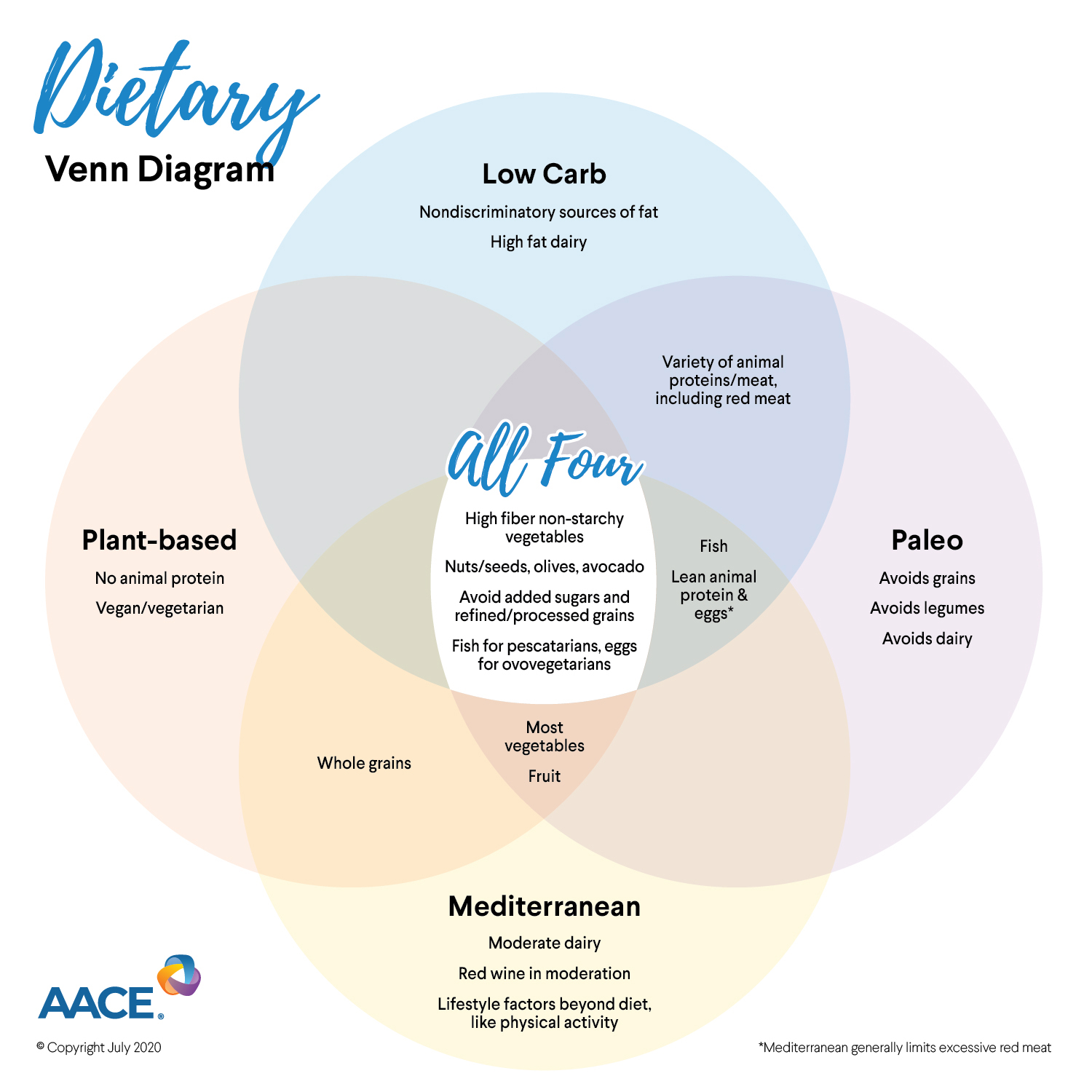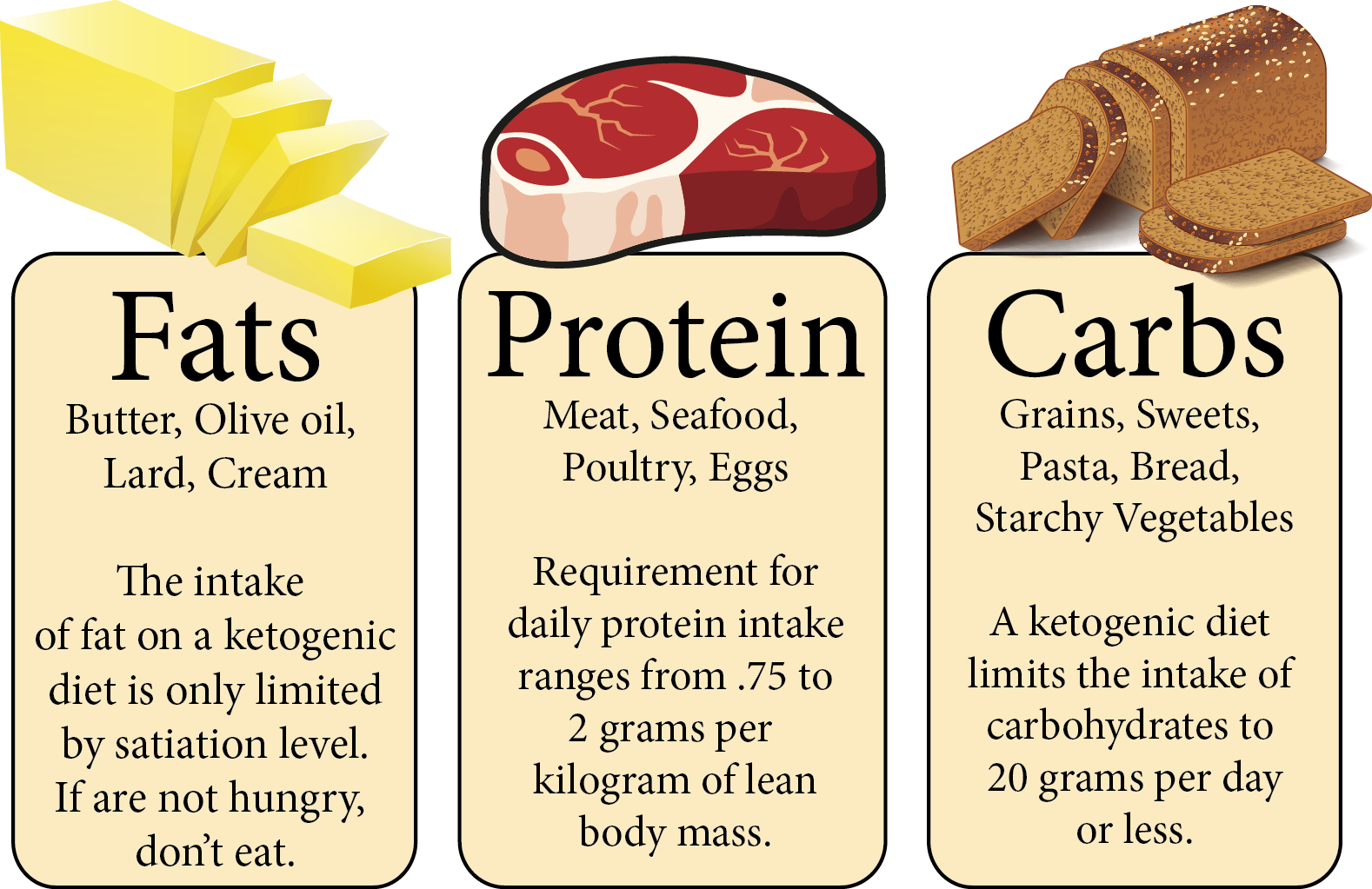A ketogenic diet limits the intake of macronutrients, specifically the macronutrient responsible for providing energy. A ketogenic diet, known for its low-carb and high-fat approach, has gained popularity in recent years for its potential health benefits.
This diet restricts the intake of carbohydrates, especially the macronutrient responsible for providing energy. Instead, it focuses on consuming a higher proportion of healthy fats, moderate amounts of protein, and very low levels of carbs. By significantly reducing carbohydrate intake, the body enters a state of ketosis, where it burns fat for fuel rather than relying on carbohydrates.
This metabolic shift is believed to aid in weight loss, improve insulin sensitivity, and potentially provide benefits for certain medical conditions. However, it’s important to note that this type of diet may not be suitable for everyone and consulting with a healthcare professional is recommended before embarking on any drastic dietary changes.

Credit: www.aace.com
A Ketogenic Diet Limits the intake of macronutrients: The Basics Of A Ketogenic Diet
A Ketogenic Diet Limits the Intake of Which Macronutrient
A ketogenic diet is a low-carb, high-fat diet that focuses on drastically reducing the intake of carbohydrates, specifically sugars and starches. This diet primarily consists of healthy fats, a moderate amount of protein, and a very low amount of carbohydrates. By restricting the intake of carbohydrates, the body enters a metabolic state called ketosis, where it starts burning stored fat for fuel instead of relying on glucose from carbs.
When following a ketogenic diet, the restrictive approach to macronutrients is aimed at limiting the consumption of carbohydrates to a minimum, typically around 20-50 grams per day. This allows the body to enter and maintain a state of ketosis, resulting in various metabolic benefits. The primary benefit of ketosis is its ability to promote weight loss by burning stored fat for energy. In addition, it can help improve insulin sensitivity, increase satiety, and provide a steady energy source to the brain.
A Ketogenic Diet Limits the intake of macronutrients: Carbohydrates And Their Impact On Ketosis
A ketogenic diet is known for limiting the intake of a specific macronutrient, namely carbohydrates. Carbohydrates have a significant impact on ketosis, a metabolic state in which the body uses fat for fuel instead of carbohydrates. Understanding carbohydrates is crucial when following a ketogenic diet.
Limiting carb consumption is essential to achieve and maintain ketosis. The primary reason for this is that carbohydrates are quickly converted into glucose, which is the body’s preferred source of energy. When carbohydrate intake is low, the body has to find an alternative fuel source, and this is where ketosis comes into play.
Consuming excessive amounts of carbohydrates can negatively affect ketosis. High carb intake can lead to a spike in glucose levels, causing the body to switch back to using carbohydrates for energy instead of fat. This can hinder the benefits of a ketogenic diet, such as weight loss and improved mental clarity.
A Ketogenic Diet Limits the intake of macronutrients: Strategies To Limit Carb Consumption
A ketogenic diet is a low-carb, high-fat diet that limits the intake of carbohydrates. By significantly reducing carb consumption, the body is forced to enter a state of ketosis, where it burns fat for fuel instead of carbs. There are several strategies that can help limit carb intake:
Identifying High-carb FoodsIt’s important to be aware of foods that are high in carbohydrates. This includes items such as bread, pasta, rice, and sugary snacks. By recognizing these high-carb foods, it becomes easier to avoid them and opt for low-carb alternatives instead. |
Substituting High-carb IngredientsAnother effective strategy is to find substitutes for high-carb ingredients. For example, cauliflower can be used as a replacement for rice or potatoes. Almond flour can be used instead of regular flour in baking recipes. These substitutions allow you to enjoy many of your favorite foods while still adhering to a low-carb lifestyle. |
Effective Meal Planning For A Low-carb LifestyleMeal planning plays a crucial role in a successful low-carb diet. By planning meals ahead of time, you can ensure that your choices are low in carbs. This involves incorporating plenty of protein and healthy fats into your meals, while minimizing carb-rich foods. |
By implementing these strategies, individuals can effectively limit their carb consumption and follow a ketogenic diet, promoting weight loss and improved overall health.

Credit: www.leslynkeith.com
:max_bytes(150000):strip_icc()/complete-keto-diet-food-list-what-you-can-and-cannot-eat-if-youre-on-a-ketogenic-diet-3-cd4cd1fc60cb455bbe7eee6e3a7d4d2c.jpg)
Credit: www.eatingwell.com
Frequently Asked Questions On A Ketogenic Diet Limits the intake of macronutrients
What Macronutrient Is Limited In A Ketogenic Diet?
A ketogenic diet limits carbohydrate intake, the primary macronutrient restricted to achieve and maintain ketosis. By cutting down on carbohydrates, the body switches to using fat as its primary fuel source, leading to weight loss and increased energy levels.
Why Is Limiting Carbohydrates Important In A Ketogenic Diet?
Limiting carbohydrates is important in a ketogenic diet because it helps to lower insulin levels and promote ketosis. When you restrict carbohydrates, the body burns fat for energy, leading to weight loss and improved metabolic health.
Can You Still Meet Your Nutrient Needs On A Ketogenic Diet?
You can meet nutrient needs on a ketogenic diet with quality fats, proteins, and non-starchy vegetables. Include diverse foods for optimal health.
Are There Any Health Risks Associated With A Ketogenic Diet?
A ketogenic diet may help with weight loss and health conditions but isn’t for everyone due to risks like nutrient deficiencies and electrolyte imbalances. Consult a healthcare professional before making dietary changes.
Conclusion
To sum it up, a ketogenic diet significantly limits the intake of carbohydrates. This macronutrient reduction effectively puts the body into a state of ketosis, where it burns fat for fuel instead of glucose. By focusing on high-fat and moderate protein sources, this diet offers a promising approach for weight loss and improved metabolic health.
However, it’s important to consult with a healthcare professional before embarking on any dietary changes.
- Supercharge Your Muscle Growth: Post-Workout Recovery Tips
- How to Cut Belly Fat: The Ultimate Guide to a Slimmer Waistline
- Debunking Common Food Myths And Nutrition Fads
- How To Take Forskolin For Weight Loss: The Ultimate Guide
- How to Lose Weight Fast for Teens: Transform Your Body Now!

[…] are designed to mimic the metabolic state of ketosis, which is typically achieved through a ketogenic diet. By promoting this fat-burning state, the pills aim to aid in shedding excess weight even without […]
Your point of view caught my eye and was very interesting. Thanks. I have a question for you.